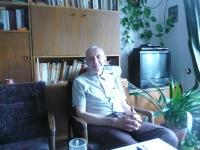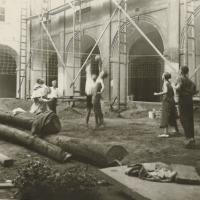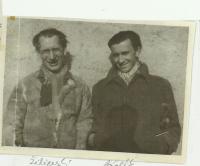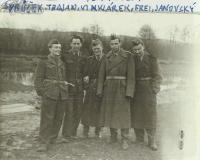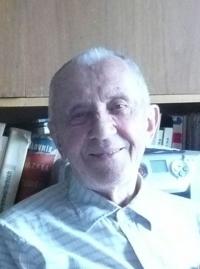I was called to ministry and I do not want anything more
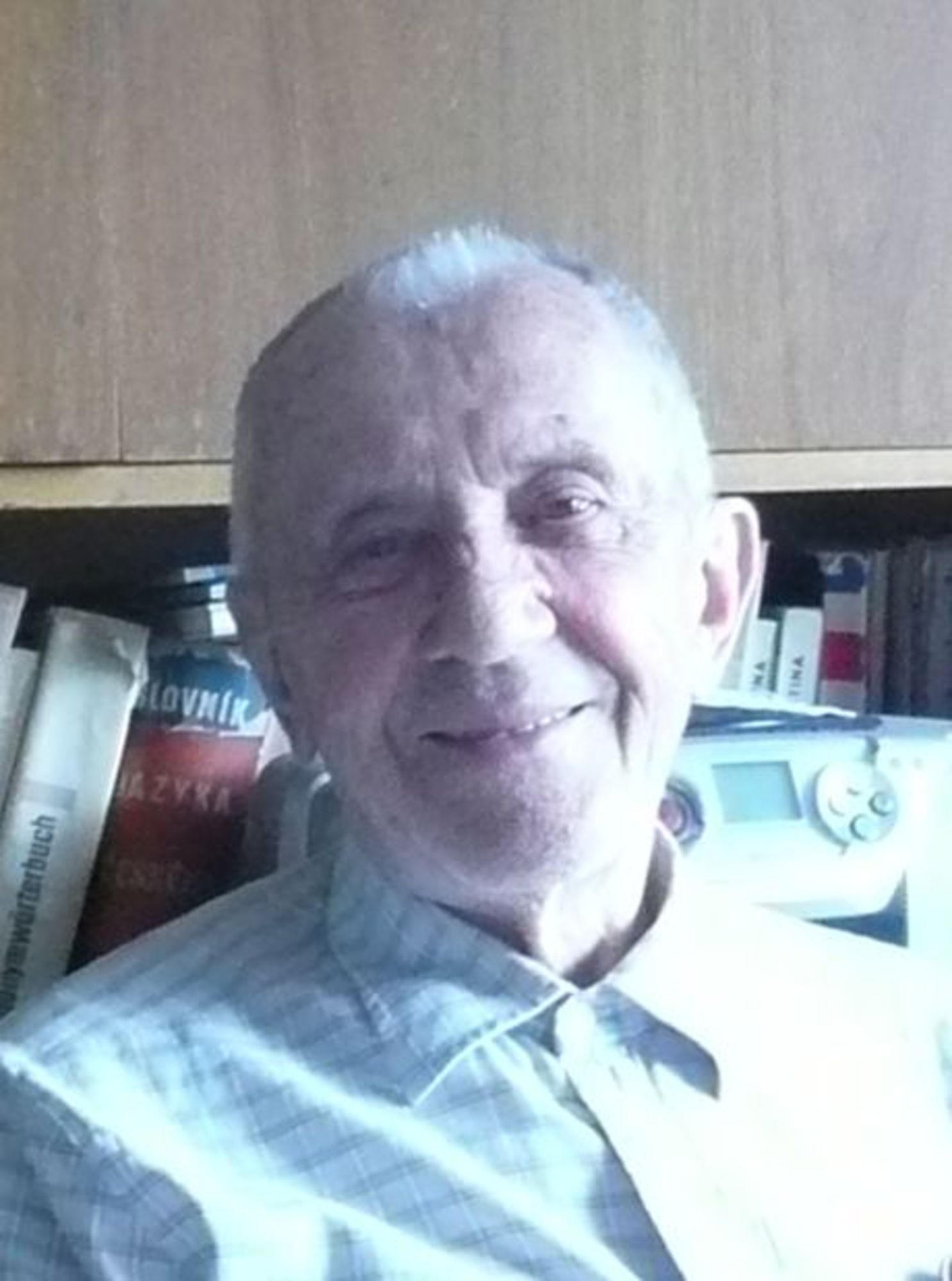
Stáhnout obrázek
Stanislav Pavlík was born October 29, 1930 in a small town called Kolinec in the Klatovy region. His parents had a small farm. After elementary school he apprenticed as a baker in Sušice. In 1945 Stanislav began to study grammar school in Dušní Street in Prague and he stayed in a Dominican dormitory. In September 1949 he joined the novitiate of the Dominican Order in Olomouc. In April 1950 the communist authorities conducted the so-called Akce (Action) K („K“ standing for „kláštery“ - monasteries) during which the State Security Police dissolved all monasteries in Bohemia and Moravia and interned all the monks. Stanislav and his fellow friars were transported to the internment centre in Broumov. Later they were moved to Hájek near Prague and then to Hradec Králové. In autumn 1950 he was drafted to do military service in Komárno where he underwent basic training. Stanislav then served for three years in the ‘priests‘ column‘ in the Auxiliary Technical Battalions (PTP) and he worked as a bricklayer on construction sites. For his good work performance he was promoted to the rank of a lance-corporal. After his return from the military service he left the Dominican order, he completed his studies at secondary technical school and he married. He lived and worked in Kladno. Stanislav managed to maintain contact with the underground church. He went through preparation for priesthood and on January 2, 1971 in Brno Felix Maria Davídek ordained him a priest. After the Velvet revolution, the Catholic Church requested that all priests who had been ordained secretly undergo another ordination. Stanislav Pavlík refused this. He still keeps visiting those who are ill and he provides them with spiritual support and comfort.
